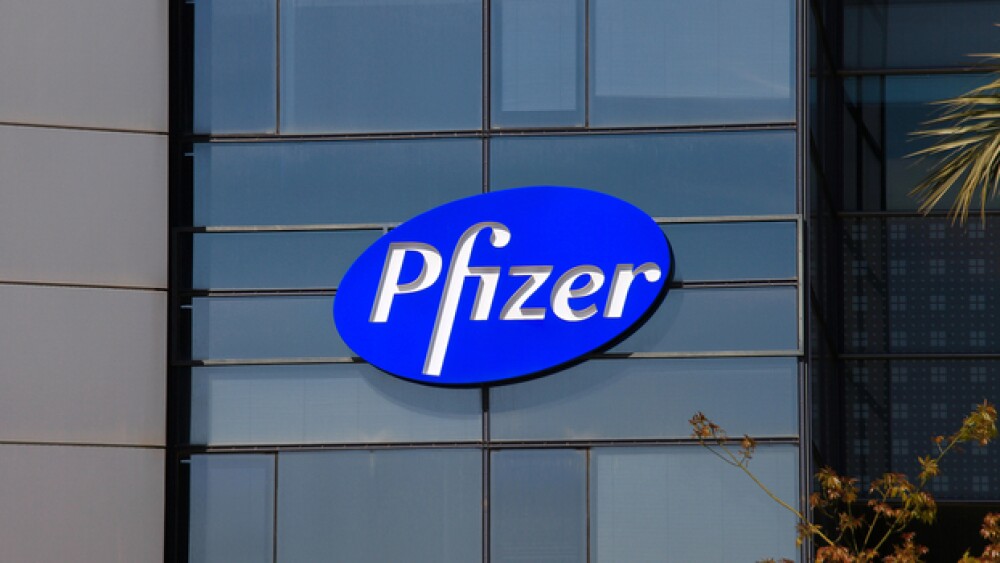Pfizer CEO Albert Bourla responds to COVID-19 being brought into this week’s presidential debate with political terms, rather than scientific facts.
StockStudio/Shutterstock
As a scientist who works with hard data and proven facts, having your work pulled into a highly polarized political debate is likely one of the last things you’d want. Pfizer CEO Albert Bourla experienced just that Tuesday night during the presidential debate.
Since March, Pfizer has been working tirelessly on a candidate for the COVID-19 vaccine.
“Every day for the last seven months, we’ve kept our shoulder to that wheel,” Bourla said in his open letter to the public.
They’ve recruited over 35,000 people into their clinical trials, across multiple countries and risked $2 billion of their own money – Pfizer accepted no government funding for their research. And now, as they round the corner with their goal in sight, concerns are being raised left and right over the safety of their vaccine.
The warning flags being waved are understandable due to the nature of this vaccine development. With a pandemic of this proportion, speed is of the essence. However, it could also lead to a vaccine that hasn’t been given enough time to fully establish safety and effectiveness.
Pfizer received a letter last Friday signed by more than 60 leading researchers and bioethicists insisting “trial participants should be monitored for a minimum of two months following administration of the second dose. Given that many trial participants have not yet received their second dose, monitoring should occur through at least late November before an application for an Emergency Use Authorization should be considered by the FDA.”
As the letter pointed out, to be effective at least two thirds of the population would need to be vaccinated. That number seems a bit out of reach in light of a recent survey that shows a sharp decline in the number of Americans who say they would get a COVID-19 vaccine as soon as it becomes available. Now only half of U.S. adults (51%) say they would definitely or probably get a vaccine if it was available today. As many as 49% say they definitely or probably would not get vaccinated at this time. Back in May, the same survey showed 72% saying they would get the vaccine.
Widespread public concerns over the vaccine development process is the catalyst to the steep drop in willing vaccine engagement. Bourla however is adamant that, “we are moving at the speed of science… We would never succumb to political pressure. The only pressure we feel – and it weighs heavy – are the billions of people, millions of businesses and hundreds of government officials that are depending on us.”
Bourla said Pfizer’s priority is the development of a safe and effective vaccine because he is, “a scientist, a business leader, husband and father, friend and neighbor who cares deeply about the integrity of this potential vaccine.”
Bourla, along with nine other pharmaceutical company CEOs, signed a pledge in early September outlining a united commitment to uphold the integrity of the scientific process.
He closed his letter with this, “Let’s continue to work together to build trust in the science. That’s what we’re doing at Pfizer. Imagine the compounded tragedy if we have a safe and effective vaccine that many people didn’t trust. That is a risk none of us should accept.”
Pfizer is anticipating its study will provide conclusive results this month, putting them as leader of the pack among the companies working to develop a COVID-19 vaccine.






